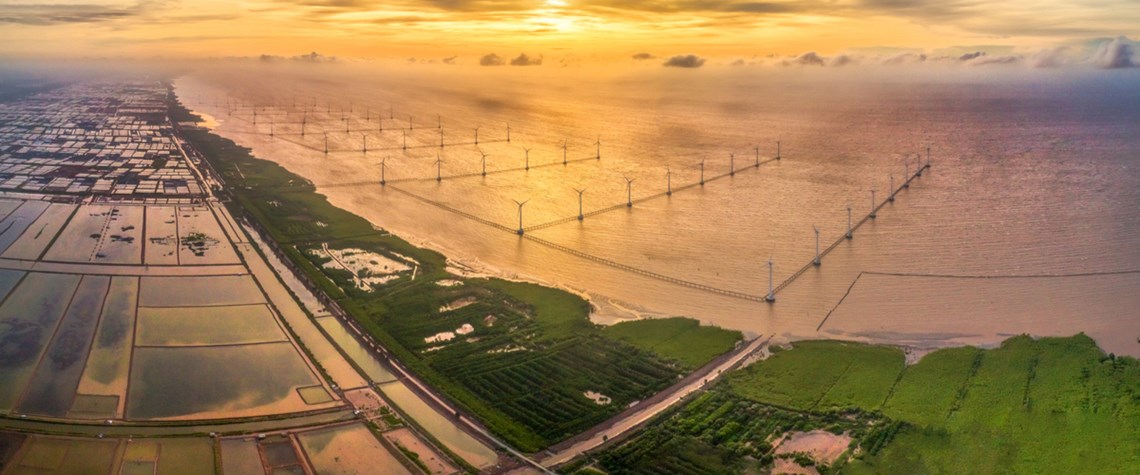Gridlock for renewables in Vietnam
The government has set out an ambitious plan for renewables generation, but the underdeveloped grid will prevent transmission to sources of demand
The economic impact of Covid-19 and the limitations of Vietnam’s national grid will hinder the country’s attempts to turn away from coal and embrace renewable energy. The attempted transition is ambitious; Vietnam needs to meet electricity demand growth of about 8pc/yr, with power consumption forecast to rise from 265-278 TWh in 2020 to 572-632 TWh in 2030. A draft power development plan says the country will move forward with 15 coal-fired power projects with a combined capacity of 18GW by 2026. Vietnam will cancel or postpone until after 2030 nearly half of its previously planned increases in coal power capacity. In terms of natural resources, the country is well endowed for solar and wi

Also in this section
9 January 2026
A shift in perspective is needed on the carbon challenge, the success of which will determine the speed and extent of emissions cuts and how industries adapt to the new environment
2 January 2026
This year may be a defining one for carbon capture, utilisation and storage in the US, despite the institutional uncertainty
23 December 2025
Legislative reform in Germany sets the stage for commercial carbon capture and transport at a national level, while the UK has already seen financial close on major CCS clusters
15 December 2025
Net zero is not the problem for the UK’s power system. The real issue is with an outdated market design in desperate need of modernisation







